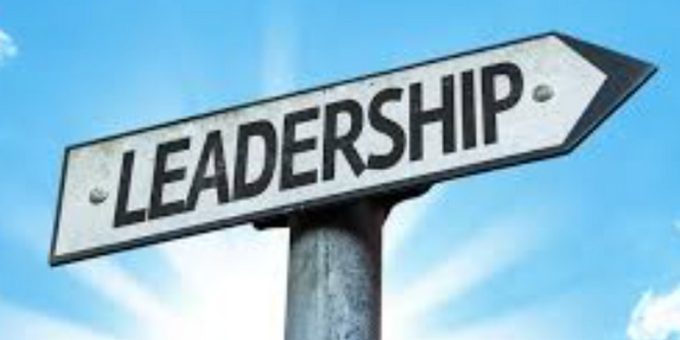
Leadership, according to her, is a process of personal growth. “You must be willing and able to learn how to lead; no one can teach you how to do it. Most of the time, we learn from our mistakes and triumph over hardship. Leaving the areas where we feel comfortable is a tremendous lesson.
The eight most crucial traits for effective leadership, according to Hill, are listed here, along with suggestions for developing them.
1. Honesty
Success in every role begins with being yourself and being loyal to yourself. According to Hill, a leader needs to be the best version of themselves—someone who is not just extremely successful but also able to uplift and inspire those around them. “People need to connect with you and trust your character before they will be willing to take risks with you; competence alone is not enough,” the speaker asserts. This comprehension is closely linked to your capacity for self-awareness: “Don’t expect others to create the conditions for your success; instead, you must figure out how to do it yourself.”
2. Interest in learning
“It’s about looking around the corner, exploring uncharted territories, and trying to understand the art of the possible,” according to Hill, who describes curiosity as a mindset. She goes on to say that great leaders view their people and organizations from the “outside in.” This indicates that they possess the capacity to view circumstances and problems from the perspective of other stakeholders, such as clients or rival businesses. As a result, they take into account factors other than internal organizational dynamics and make better-informed decisions.
3. Skill in analysis
According to Hill, effective leadership necessitates the capacity to deconstruct complicated issues, find their underlying causes, and devise novel solutions. It won’t do to just follow your instincts. Rather, you should hone your analytical abilities by emphasizing cause-and-effect connections and paying close attention to patterns and trends.
According to Hill, making wise decisions depends on your capacity to apply your experience in conjunction with a combination of knowledge, analytics, and moral judgment. While having a strong understanding of data is essential for leaders, “being data-informed is more important than being data-driven.”
4. Flexibility
According to Hill, one reason why the world is changing more quickly than it used to is because of new technologies and artificial intelligence. Since stakeholder expectations are changing more quickly as a result, she says, leaders must be able to adapt to these constantly changing demands.
She also says that adaptability promotes an agile team culture. It enables you to quickly adapt to shifting circumstances, change course as necessary, and seize new chances and difficulties.
5. Originality
Creative thinking is any innovative idea that benefits the organization, according to Hill. “While some of those concepts are breakthroughs, others are incremental.” The most creative ideas frequently come from what she refers to as the “adjacent possible,” or the variety of options that are right in front of you. True creativity is propelled by diversity of thought because, as she puts it, everyone of us contributes a special viewpoint and “slice of genius” to the table.
6. Accommodation in the face of uncertainty
According to Hill, managing ambiguity involves juggling opposing agendas that seem equally important and holding contradictory concepts in your mind. She continues, “Many people fall into the trap of linear thinking, thinking that X causes Y.” As a result, they may fail to see the interaction of several dynamics. A systems mindset, which “allows you to grapple with opposing ideas in the face of uncertainty and helps you understand how things are connected,” is essential for developing into a successful leader. However, occasionally, you may still feel as though you’re “navigating through a fog,” according to her.
7. Adaptability
According to Hill, in the fast-paced, fiercely competitive corporate world of today, pushing forward with an unshakeable goal can be problematic. Effective leaders are aware of how dynamic circumstances might be and make an effort to comprehend the cultural environment in which they work. Above all, they show the fortitude to correct themselves if they are going off track. “You must learn how to refocus and solicit feedback from others by posing the question, ‘Is there another path?'” she advises.
8. Compassion
Strong leadership is characterized by the ability to empathize with and understand others, according to Hill. Leaders need to actively connect with their team members, cultivate relationships, and establish trust. “You have to be able to put yourself in your team members’ position, comprehend their priorities and what matters to them, and find areas of agreement,” Hill says. By increasing your emotional intelligence, you can create a more loving and supportive environment for others and gain a deeper understanding of the difficult struggles others face.
